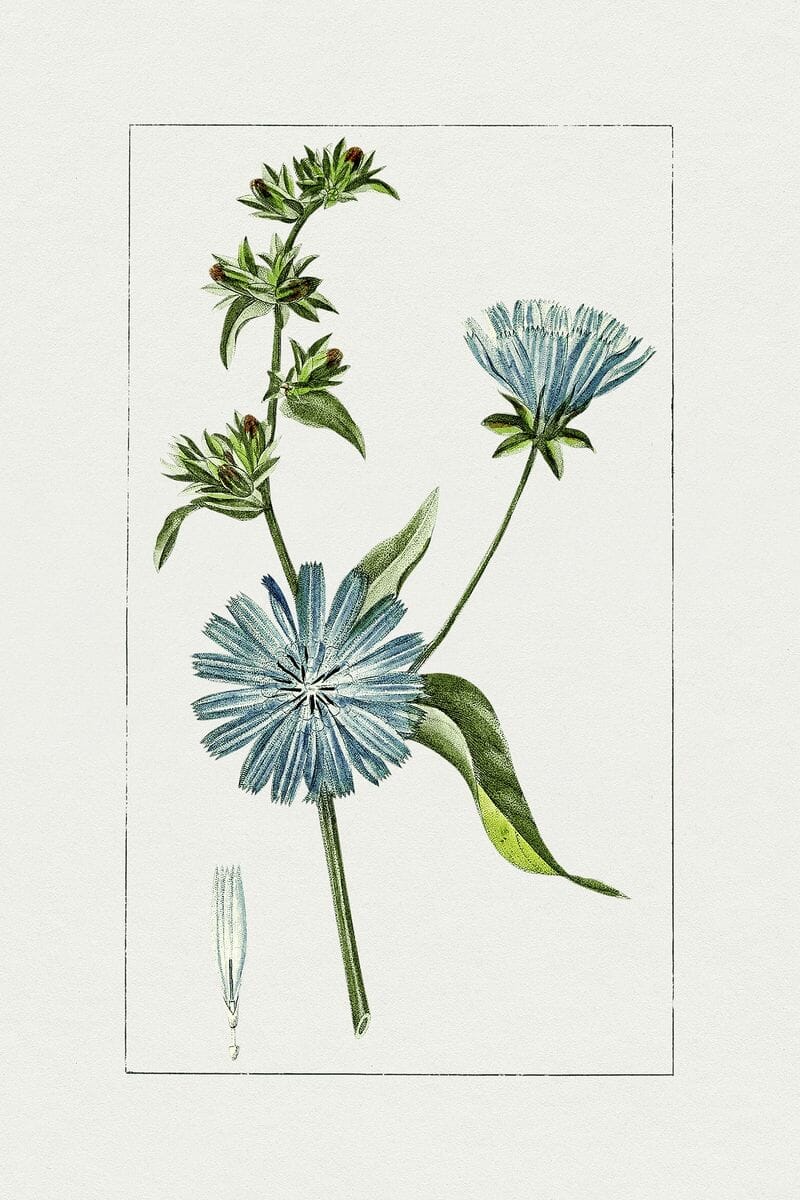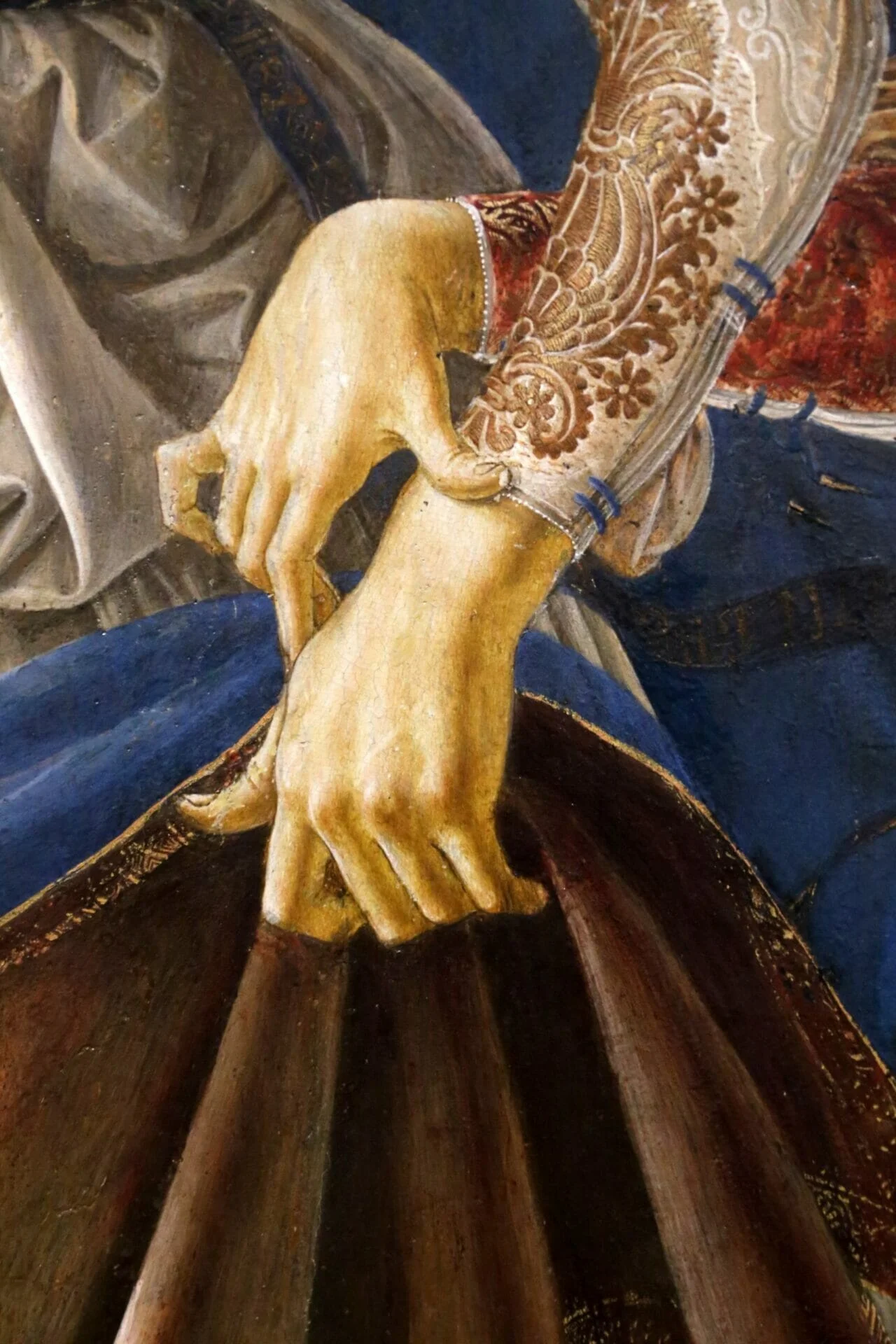
Not Anymore | When love ends by Idea Vilariño
Author
Year
Format
Not Anymore is a poem Idea Vilariño wrote for the Uruguayan novelist and writer of short stories, Juan Carlos Onetti, who was awarded the Premio Cervantes in 1980. In this yearning poem, Vilariño writes about the sense of deprivation of the future, and therefore of life, when love ends.
Idea Vilariño was a poet, essayist, and literary critic who was born in 1920 in Montevideo. She is a notable figure in the Uruguayan culture of the second half of the twentieth century, and in 1987 she received the Premio Municipal de Literatura, the most prestigious literary award in her country. Both Onetti and Vilariño were part of what was known as the Generación del ’45, which included the poets Mario Benedetti and Ida Vitale. The Generation was characterized by a variety of styles and genres and by some common aspects such as a strong presence of intimacy and mundanity: the stories, in fact, represented the ordinary life of disillusioned characters who were destined to have a not very promising future.
A denied future
Like all of Vilariño’s poetry, the 1958 poem Not Anymore is powerfully close and focuses on the idea of loneliness, which is the result of the end of the most important love story the poet had experienced.
Onetti and Vilariño met in 1950 or 1951 and began a passionate and intermittent relationship, which lasted until 1974. They wrote each other letters during their lives and dedicated books to each other but never really lived together.
In Not Anymore, the future is not promising since the turbulent relationship between the poet and the novelist has come to an end (they will see each other again, but the end is conceived as definitive at the time).
It won’t be anymore,
not anymore:
we won’t live together
I won’t raise your child
won’t sew your clothes
I won’t have you at night
won’t kiss you while leaving
You’ll never know who I was
why others loved me.
The poet expresses, through the anaphor “won’t,” all the experiences they could have experienced together but, in the end, that they have renounced. In the first stanza, the negation permeates the future, while, in the second, it comes to refer to the past: facing the separation, the poet doubts the truth of what they had built.
I won’t finally know
why or how
nor if it was real
what you said it was
nor who you were
nor what I was for you
While the anaphor runs through the entire poem (“nor”), in Not Anymore the poet expresses a deprivation through a climax: first of all, they renounce daily life; secondly, a complete knowledge of each other. At the end of the second stanza, the poet expresses the gradual deprivation through the enumeration of four actions, each one isolated in a verse and expressed as a gerund, as located in a time that is impossible to conjugate. Therefore, they will never know how it would have been:
living together
loving each other
waiting for each other
being there.
Between life and death
As a matter of fact, the two former lovers will just become distant pronouns: “I am not anything more than myself / for ever and you/ won’t be/ anything more than just yourself.” Whereas the union expressed by the pronoun “us” is denied.
In Not anymore, all the gradual deprivation takes the path of love and life to the path of death in a traditional contretemps and communion between Eros and Thanatos. However, in a poem like When Death Comes, It Will Have Your Eyes by Italian writer Cesare Pavese, the suffering leads the poet closer to death and, at the same time, the fatal communion with the woman is maintained since death will have her eyes, according to his powerful image. Vilariño, however, associates the idea of the end of a relationship with the idea of death through the concrete verse “I won’t see you dying,” where the poet’s sense of loneliness is complete and projected until the day of their death.
It is possible to hear the record of Idea Vilariño reading the poem:






